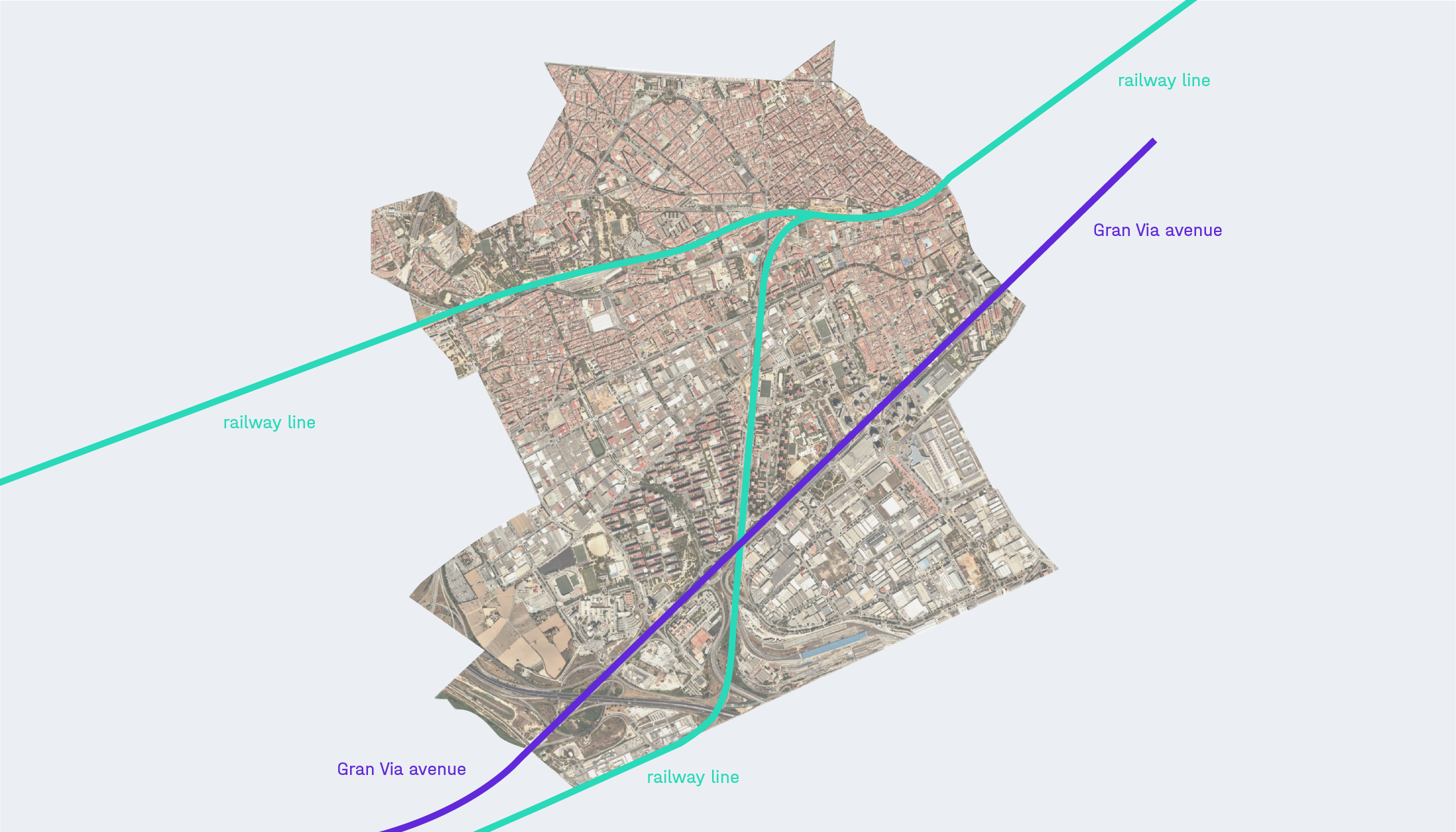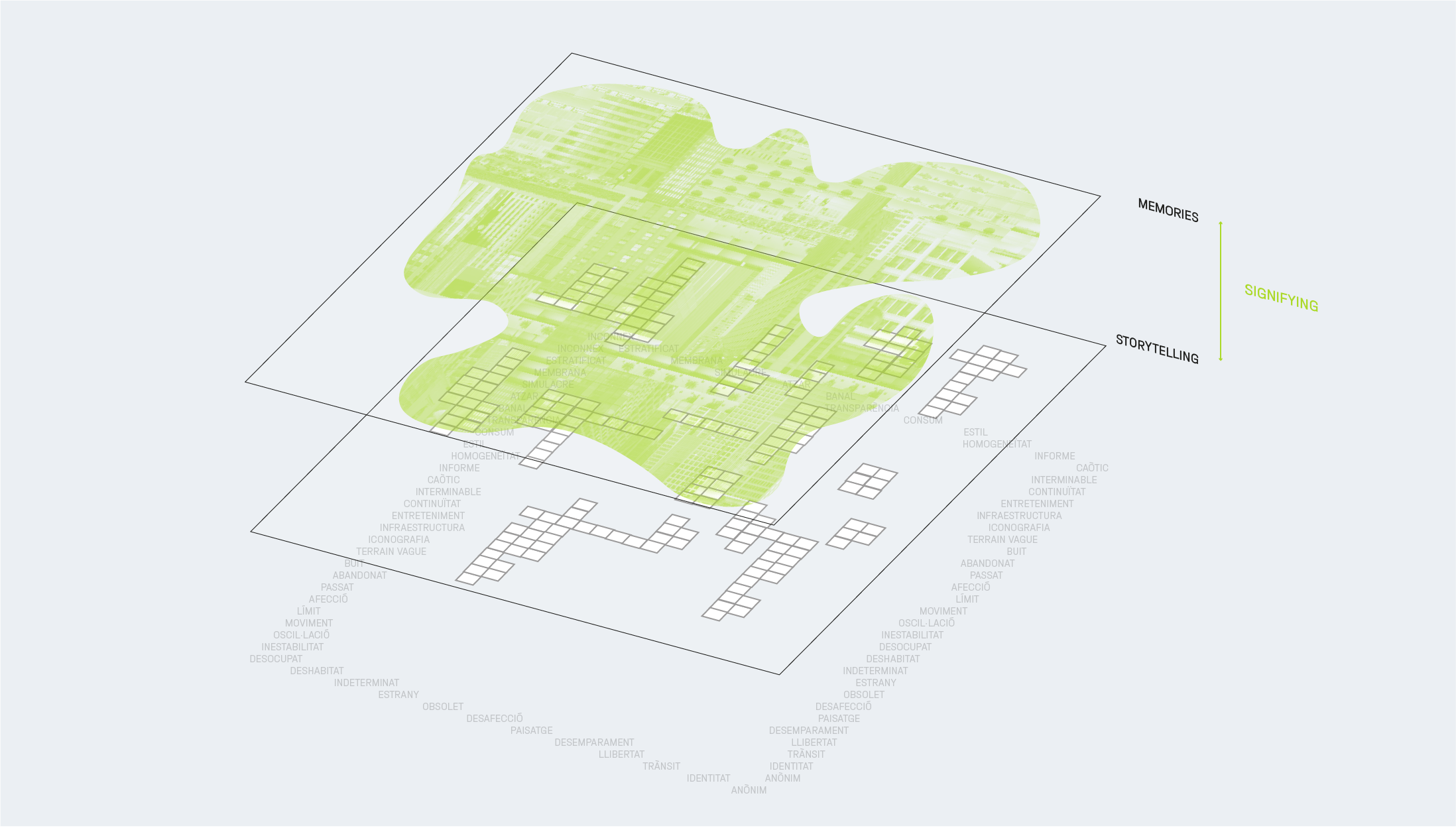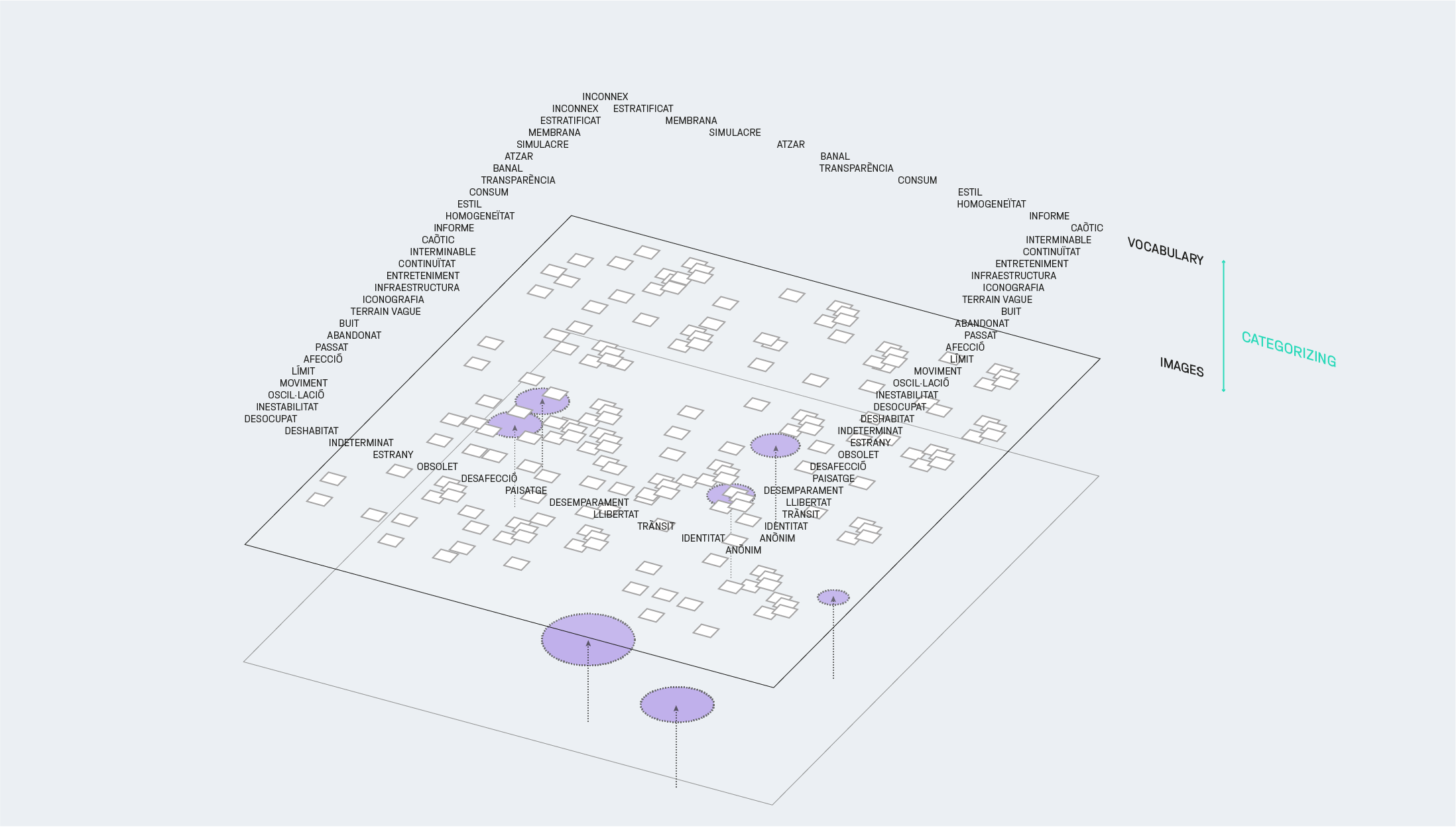
Placemaking Events
See all >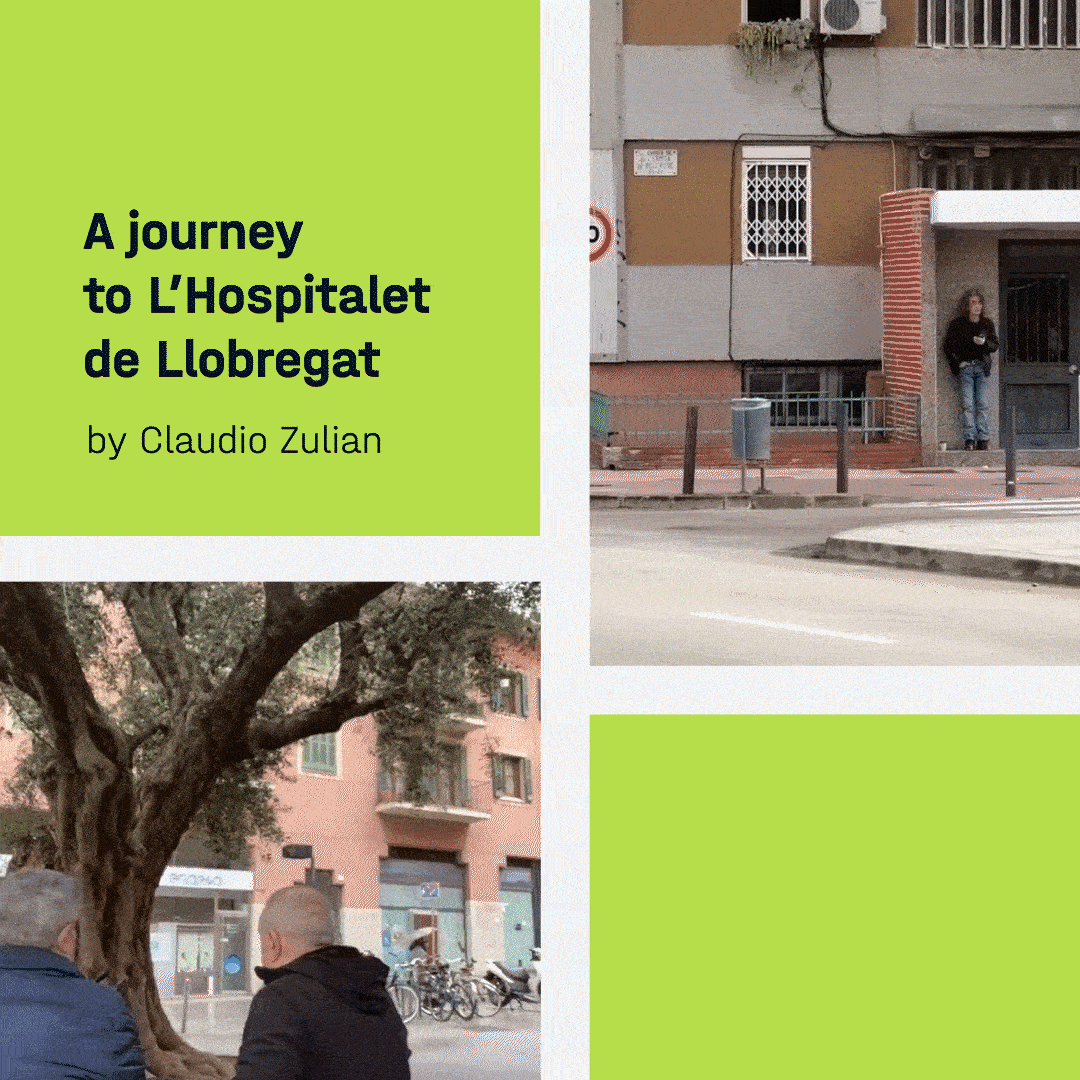
Explorant el territori sociofísic amb mitjans audiovisuals
Després de l'anàlisi visual del paisatge urbà, els alumnes de l'assignatura Sistemes de Representació 21/22 van continuar explorant al segon semestre el territori s
Posted on 23/02/21
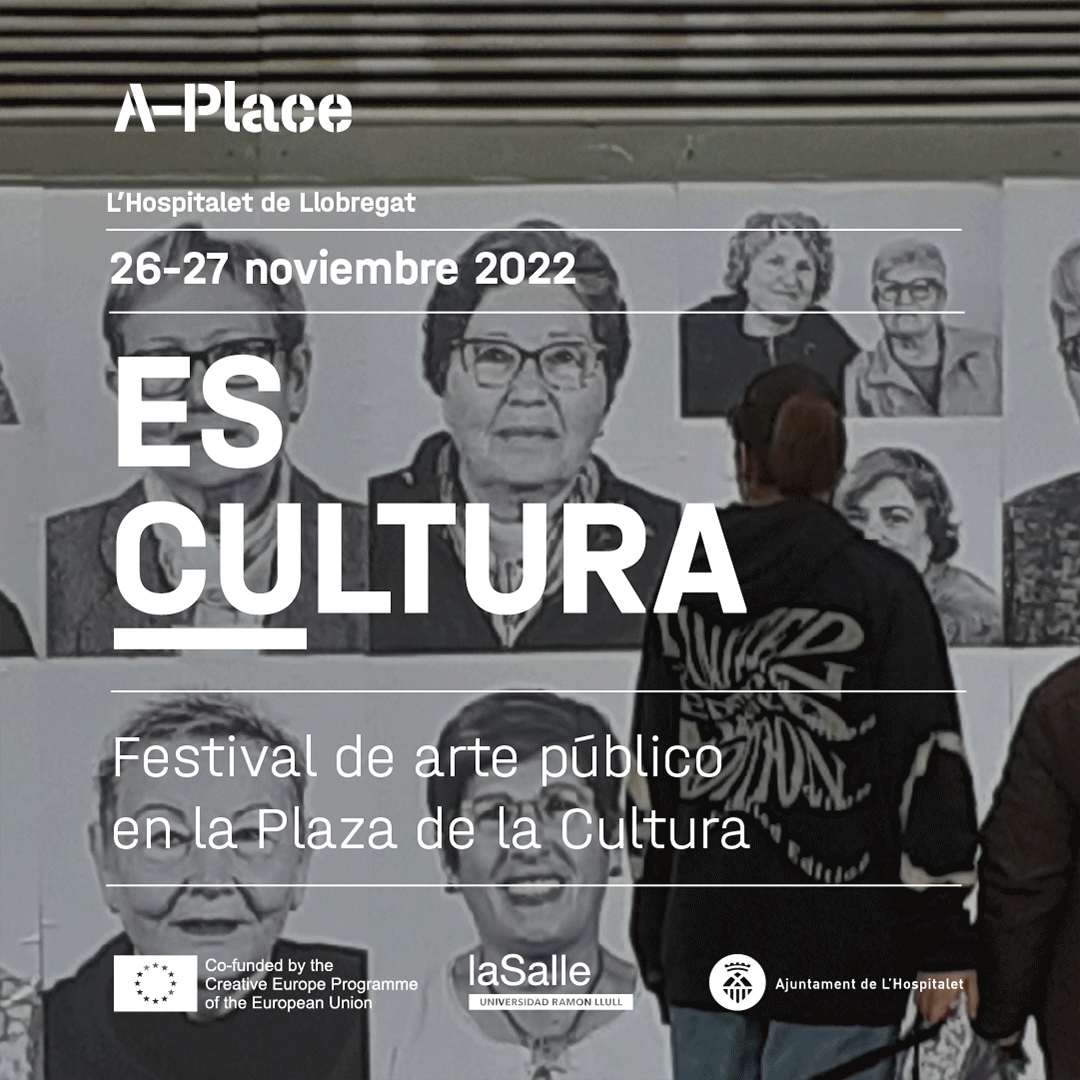
ES_CULTURA festival d'art públic
ES_CULTURA és un festival de dos dies organitzat per l'Escola d'Arquitectura La Salle a la plaça de la Cultura, a Bellvitge, Hospitalet, amb la col·laboració de l&#
Posted on 23/02/06
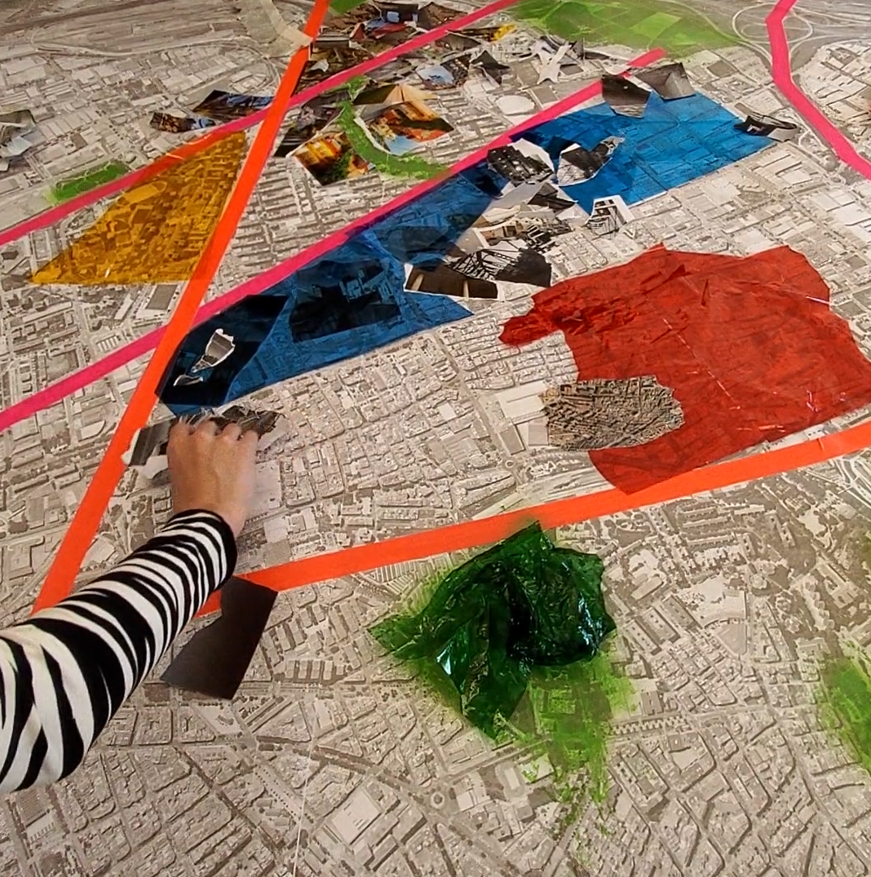
Collaborative collage workshop
During the first semester of 2021-22, the students of the subject Systems of Representation at the La Salle School of Architecture carried out a photographic study in the city of L'Hospitalet. The
Posted on 22/12/22
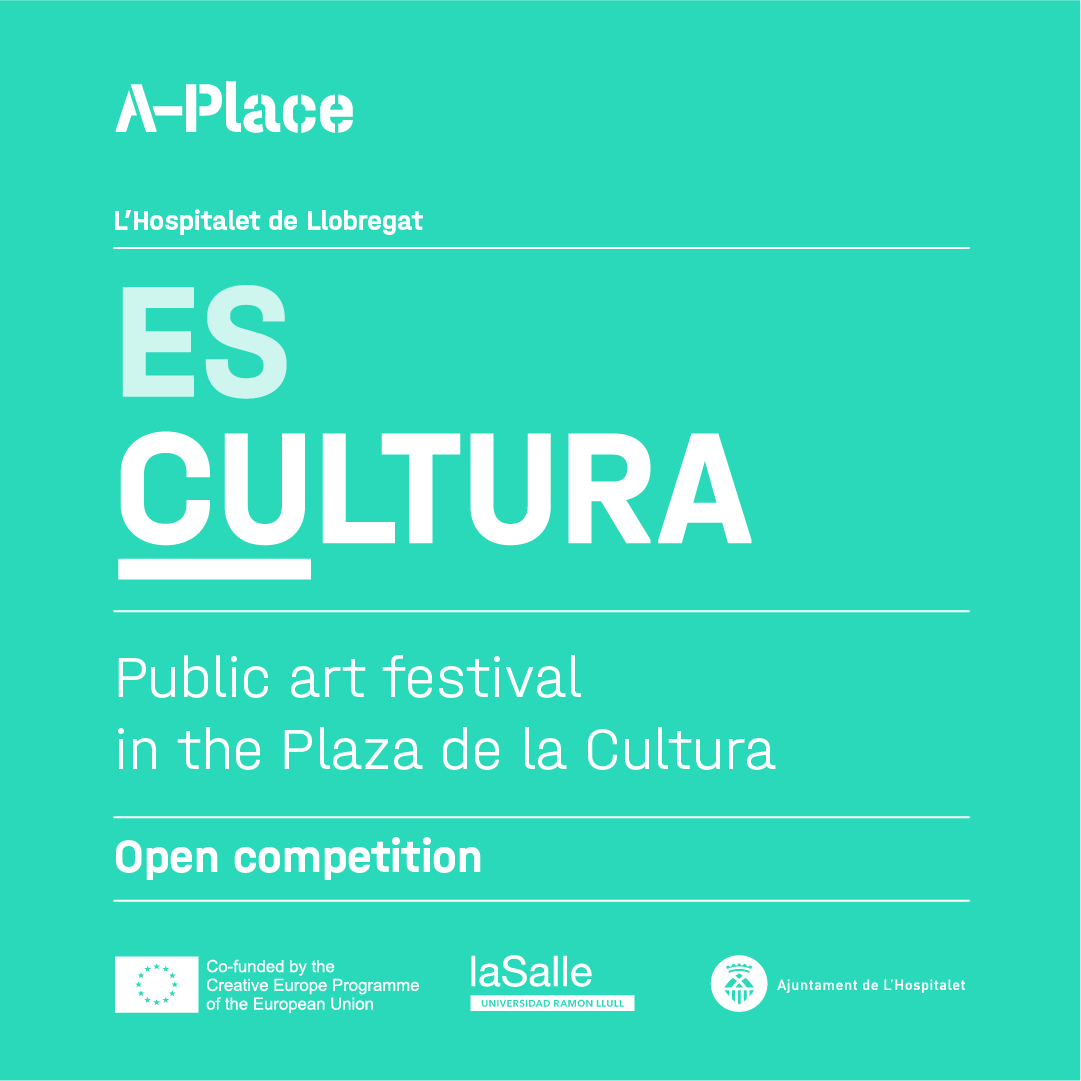
Concurs ES_CULTURA - obres seleccionades
Un programa d'activitats a la Plaça de la Cultura de L'Hospitalet que té lloc els dies 26 i 27 de novembre de 2022 i que inclourà 10 instal·lacions de les propostes
Posted on 22/11/17
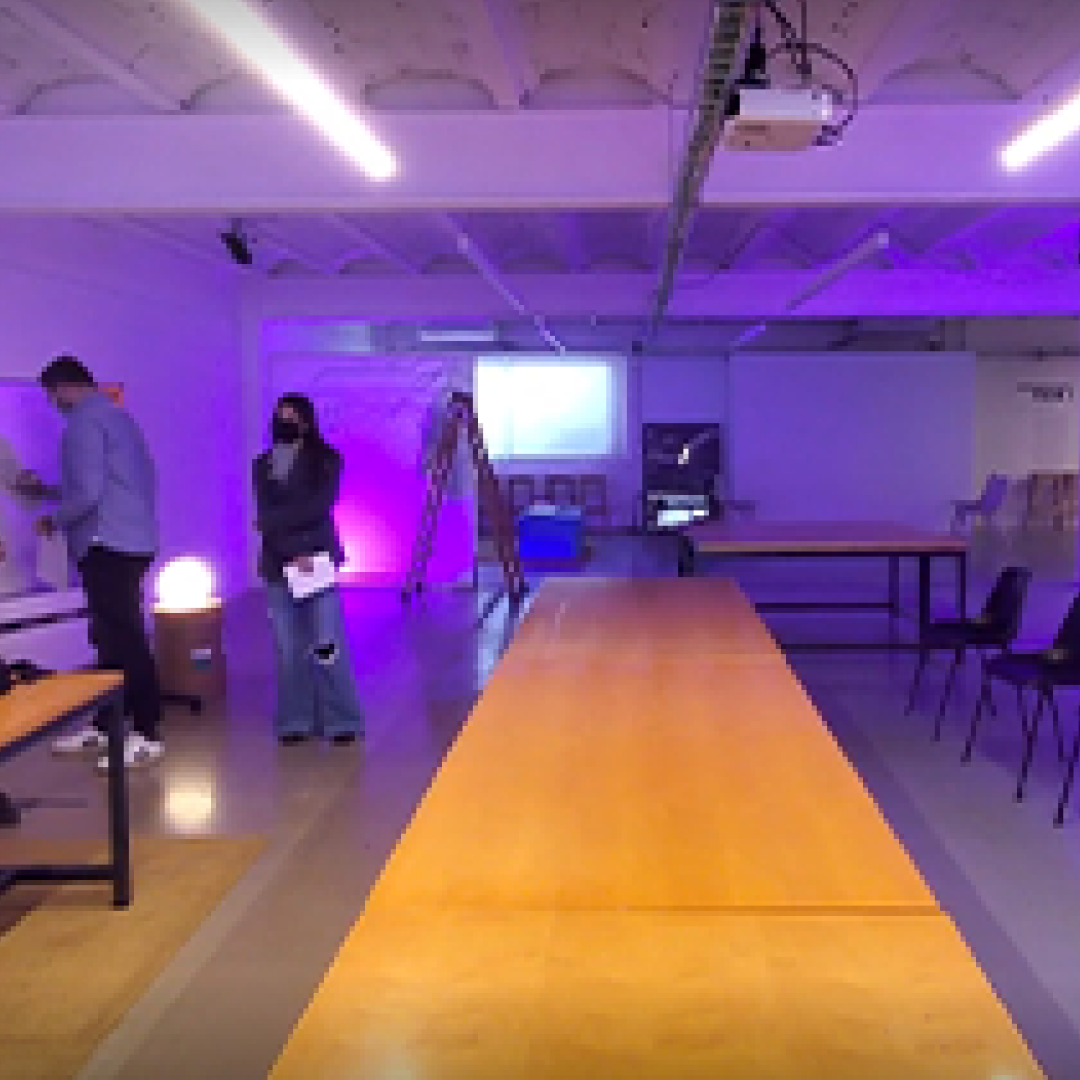
Placing audiovisual narratives
This is the public presentation of videos carried out by the students of the La Salle School of Architecture in Barcelona, accompanied by two audiovisual creators, Claudio Zulian and Miquel Garc&iacut
Posted on 22/05/17

Mapping Places
This installation at Plaza Blocs in Florida in Hospitalet, Barcelona, will be constructed with the texts and photographs submitted to the online competition A-Place MAPPING, which represent and descri
Posted on 22/05/17

Cartografiant i construint llocs
Aquesta seqüència d'activitats es va dur a terme entre April i Novembre del 2021. L'objectiu va ser implicar alumnes de diversos nivells educatius en un procés d'aprenen
Posted on 21/12/19
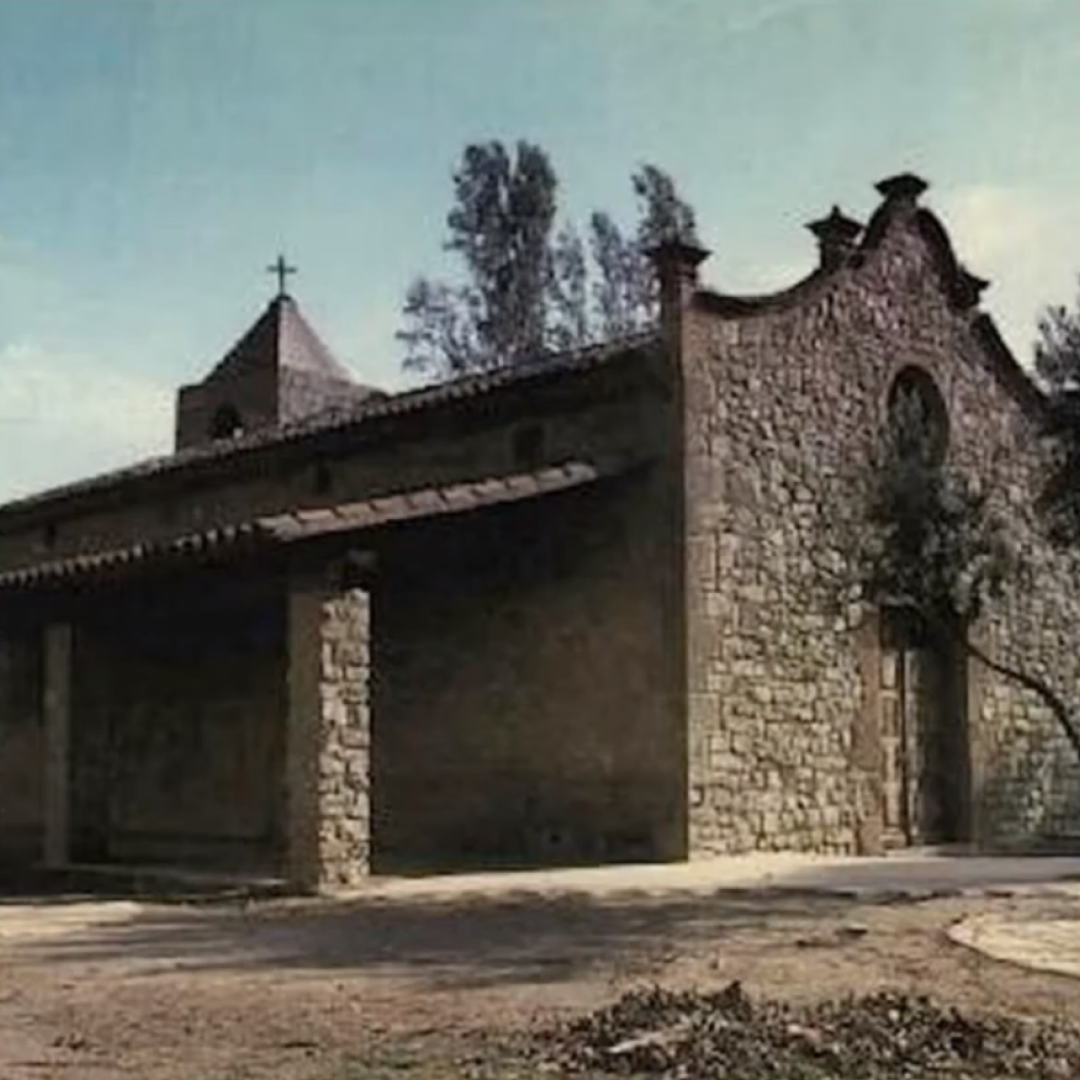
Signifying the territory: Video
SDR students produced a video on a topic they found relevant in their previous photographic survey: the history of a place, an artistic intervention in the city, how people use a particular public spa
Posted on 21/12/13

Cartografia del territori: Anàlisi fotogràfic
Els alumnes de tercer curs de l'assignatura Sistemes de Representació (SDR) van realitzar una anàlisi fotogràfica del paisatge urbà de la ciutat. El treball es va reali
Posted on 21/11/19
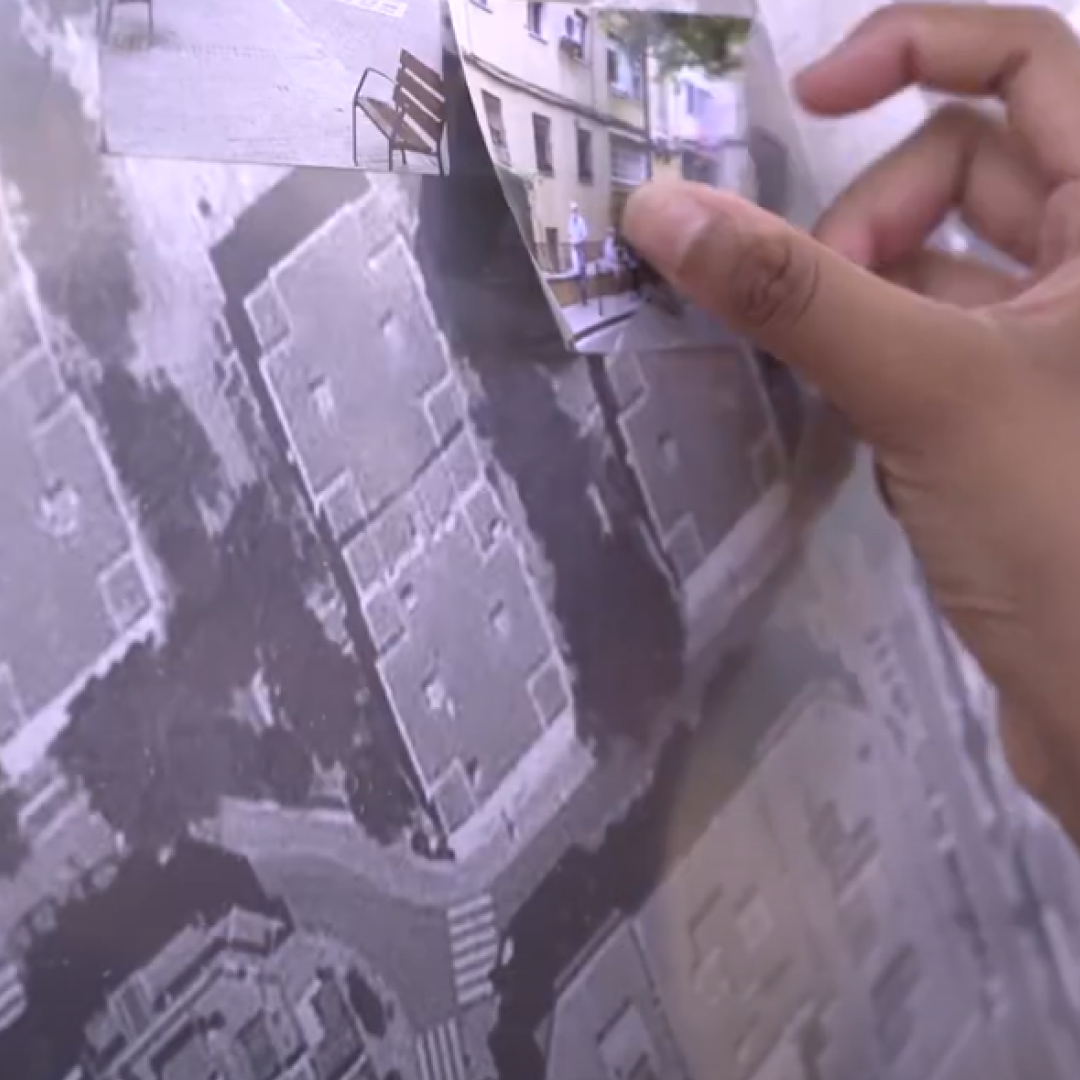
Recorregut urbà al barri de La Florida
El 22 de juny de 2021 vam organitzar un recorregut urbà pel barri de La Florida en col·laboració amb membres de l'Espai Jove Sidecar, iniciativa comunitària per preveni
Posted on 21/11/17
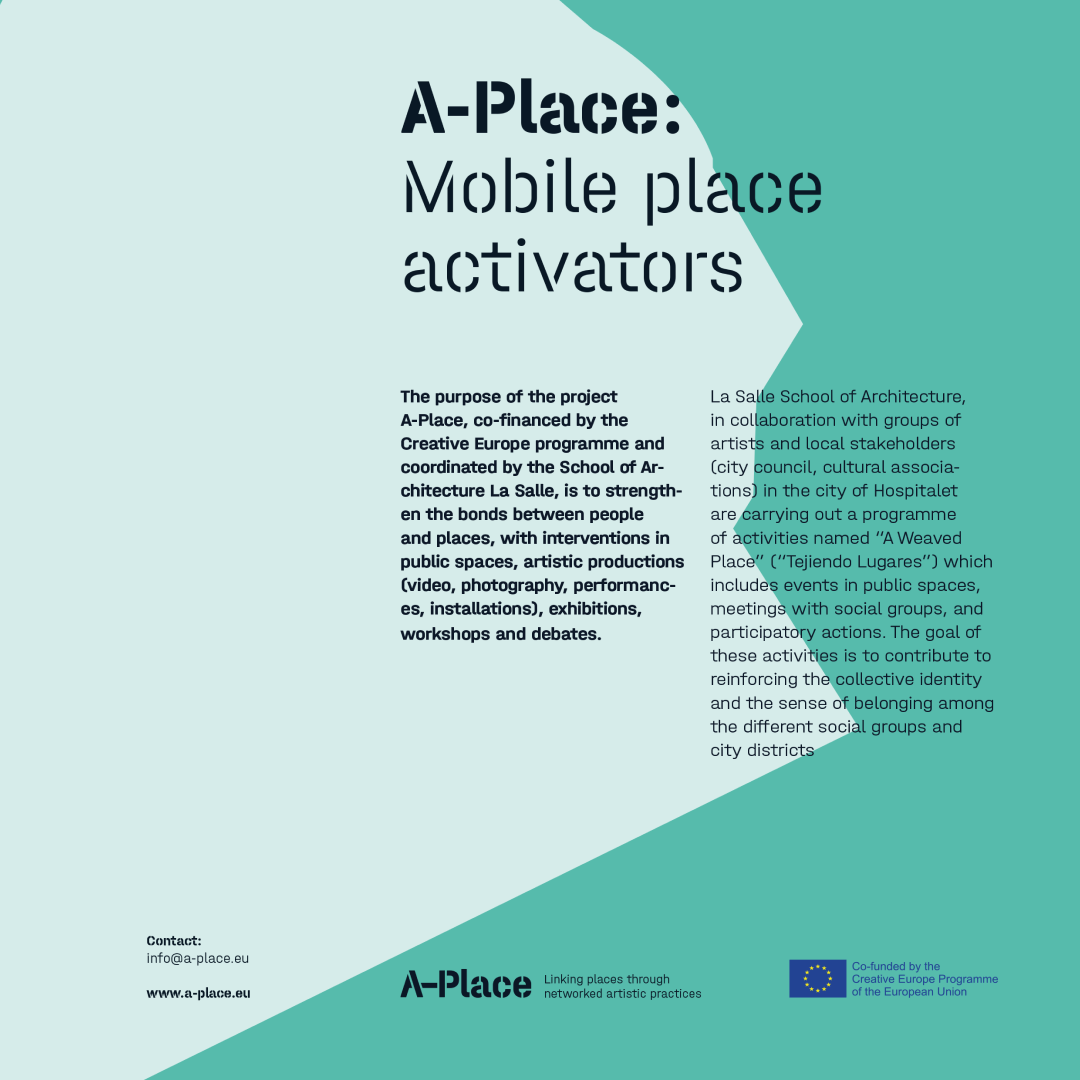
Competition for mobile place activators
Teams of 3 to 5 students of the LAB Unit of the fourth and fifth year of La Salle School of Architecture will design and build an artefact to be installed in the public spaces of L’Hospitalet wi
Posted on 21/04/01
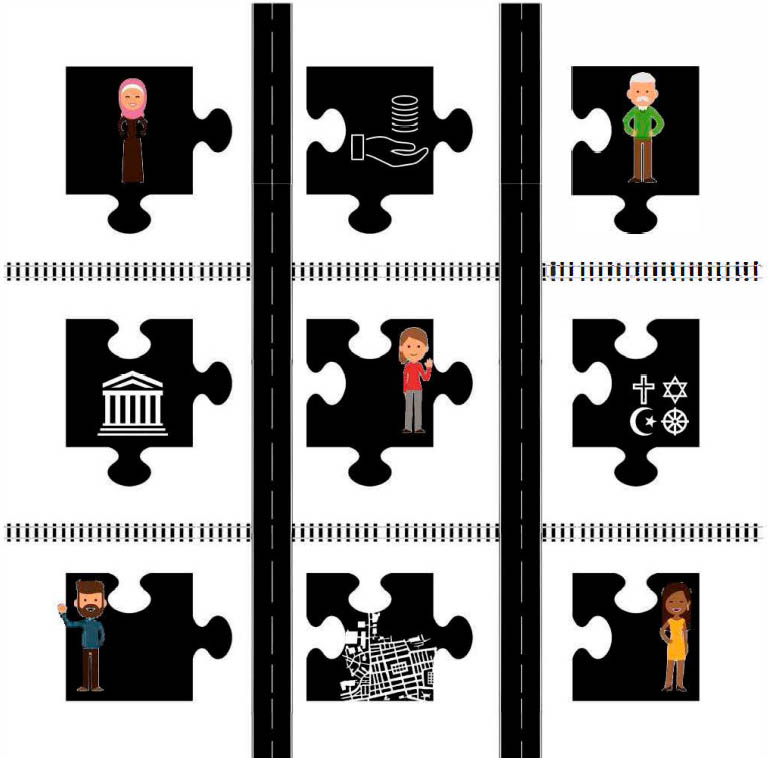
Mapping the territory: An analysis of the urban structure
The aim of this study of the city of L’Hospitalet was twofold: 1. To identify the strengths and weaknesses of the urban structure and 2. To detect the areas of the city with the greatest p
Posted on 21/01/15

Signifying the territory: Interviews with local representatives
During April/May 2020 -in the time of confinement- the students of the course Systems of Representation of La Salle School of Architecture contacted representatives of cultural and civic associations
Posted on 20/09/17

Mapping the territory: A (digital) exploration of Hospitalet
This blog contains the preliminary research made by the students of the subject Systems of Representation in the third year of the academic programme of La Salle School of Architecture. This wor
Posted on 20/07/31
L'Hospitalet de Llobregat is a city belonging to the metropolitan area of Barcelona, which shares its limits with the capital. From being a small town surrounded by agricultural areas at the beginning of the twentieth century, it then became the seat the manufacturing industry in the 1960s. The construction of infrastructures in the city of Barcelona with occasion of the International Exhibition of 1929, the industrial development in the 1960s and the subsequent de-industrailization process attracted immigrants from other locations in Catalonia, from other regions in Spain and, mor recently, immigrants from other countries. The multiplicity of social groups with different origins, the mark differentiated features of its neighbourhoods, and the metropolitan transport infrastructures that traverse the municipality (railways, highways) have given rise to a fragmented social and physical territory. Stitching these fragments means involving its inhabitants in the search for an identity that can be opposed to the powerful image projected by the nearby capital.
Activities
The purpose is to involve architecture students and faculty, artists and citizens in a common reflection on the sense of place and collective identity in the city of L'Hospitalet. The activities will include events in public spaces (Spot-Place) such as video projections and image display, and the creation of new learning spaces (participatory workshops, online participation, public screening), embedded in the community in the urban fabric (Learn-Place).
The activities will be carried out throughout of three stages:
1. Mapping the territory, to study the urban morphology and the relationships between people and the spaces they inhabit. Starting with an orthogonal grid arranged over the city, architecture students will make a visual journey to identify significant spaces and places
2. Categorizing the territory, based on the classification of the images obtained during the site analysis using a vocabulary of terms to characterize the sociophysical territory. A mosaic of images will be collaboratively created by students of architecture, artists and citizens and then displayed in a publicly accessible place (e.g. cultural association, municipal facility).
3. Signifying the territory. Based on the previously developed processes previously developed, students and neigubhours, with the collaboration of artists selected by the Loop Festival, will collaborate in the production of audio-visual narratives of the lived spaces. The audiovisual works will be projected in a session that will take place in a public space or facility. The debate will involve citizens, local authority representatives, art critics, architects and social scientists. The works in video format will be broadcast through the A-Place project's YouTube channel.
Objectives
In accordance with the objectives of A-Place, the purpose of the planned activities will be:
- To develop and apply creative placemaking practices which bring new insights to the local actors about the places they inhabit. These activities will involve external observations of the relationships between people and spaces and mapping of the meanings that people give to the spaces they inhabit. Photographs, videos and mixed-media will be the instruments to conduct the analyses, to communicate the findings and to disseminate the outputs.
- To create cross-disciplinary learning spaces which overcome the established academic boundaries, transforming the city spaces in learning places, and involving residents as active learners in the process of analysis and discussion of the findings. Students of architecture will carry out studies on the social and urban fabric, and will share and discuss their findings with community stakeholders (neighbours associations, cultural organizations). This collaboration will take place in various settings, physical (public facilities and spaces) and digital (in social web channels).
- To explore the role and exploit the potential of networked artistic practices by involving artists in the studies to be carried out using video as a tool for analysis and communication of the lived spaces. Invited artists will work as tutors, in close collaboration with architectural faculty. The videos produced by students will be screened in public premises, and will provide an opportunity to engage local actors, artists and invited critics on to a reflection on the social and urban challenges the city is currently addressing.
- To exploit the capacities of digital technologies disseminating the outputs (photographs, videos) through digital networks (social web, web portal, blogs). This dissemination will be carried out with the support of the city council and other local institutions.
Media Productions (Photographs & Videos):
TERRApolis
Recorded and edited in 2020-2021, TERRApolis is a trilogy dedicated to the city of L’Hospitale
Posted on December 23, 2020
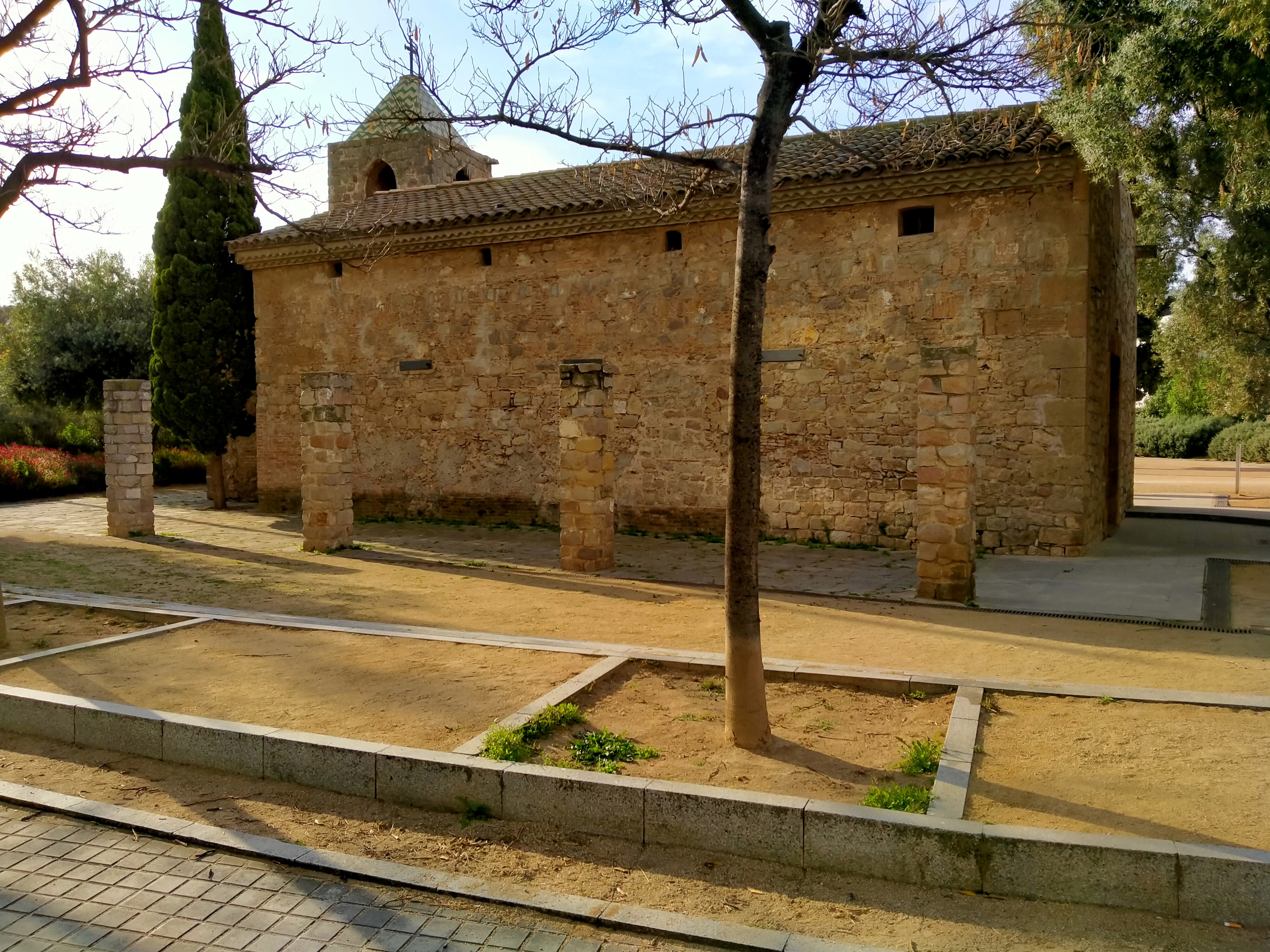
St. Mary chapel, Bellvitge
It is the place where my aunt and uncle got married, years later they divorced; besides, when I was
Posted on July 29, 2021
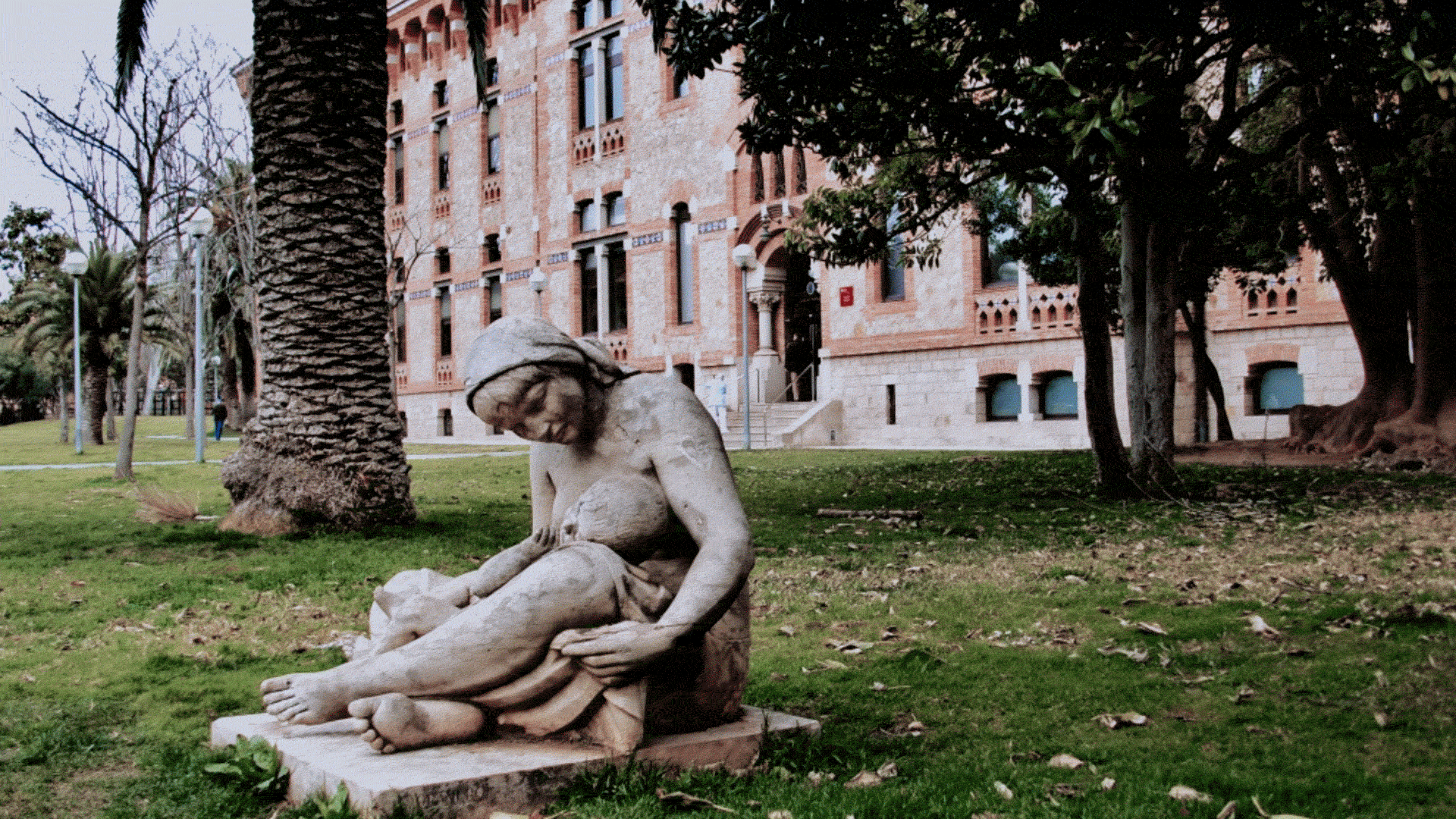
My favourite person
This is the place where I first I saw my brother, it was at this moment my life changed but now, he
Posted on July 29, 2021
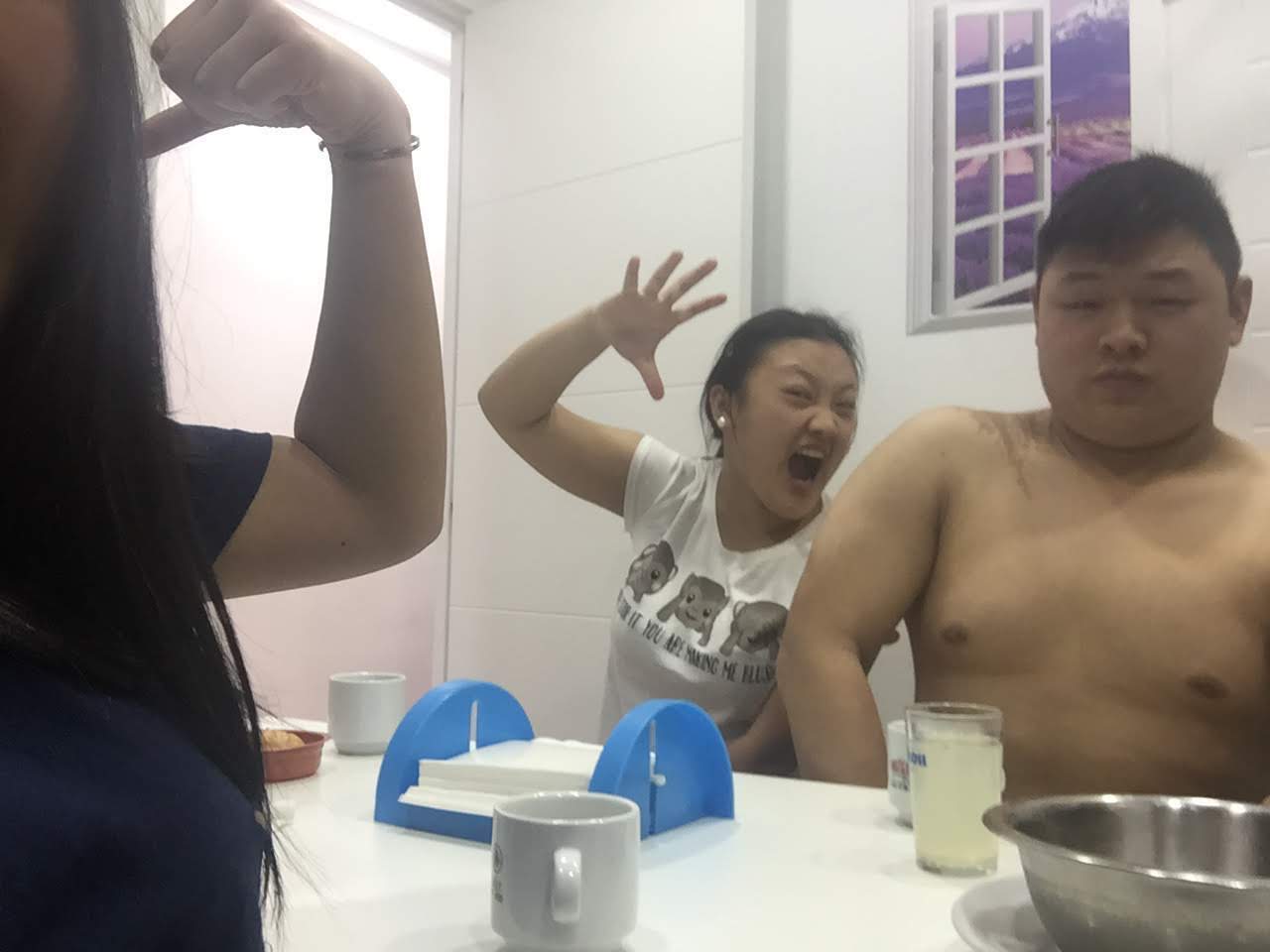
The favourite kitchen
The kitchen is our favourite place, where we laugh, shout, joke and love each other. Wi
Posted on July 27, 2022
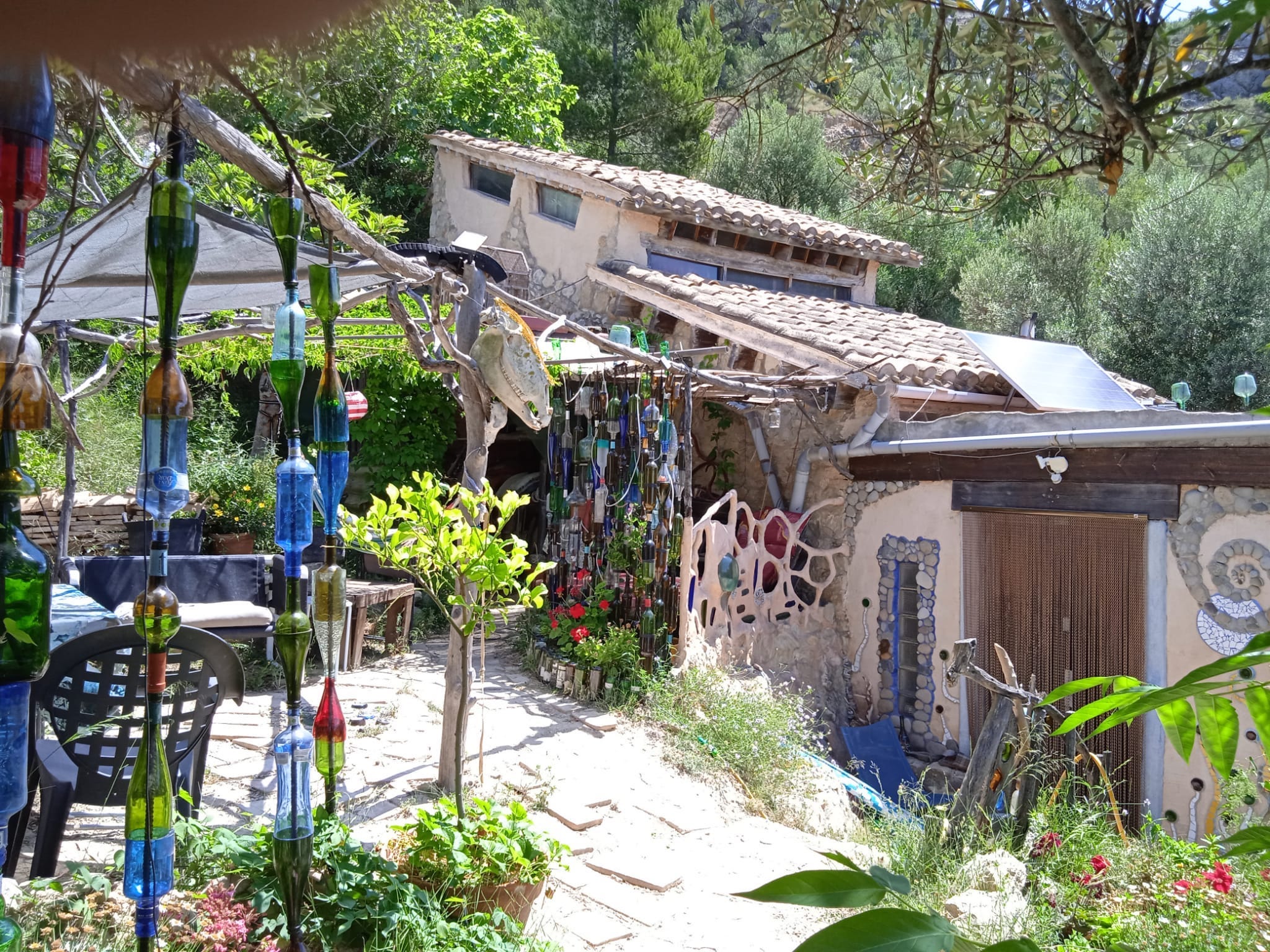
My home
My house It is like all the others: A shelter A nest.... A place to come to, A security Reflec
Posted on July 27, 2022

Greenies from Heaven
My experience until shortly before Covid was living in a small studio of 35 square metres, with indi
Posted on July 27, 2022

A journey to L'Hospitalet de Llobregat
This video has been directed by Claudio Zulian with the recordings made by student of the course Sys
Posted on February 22, 2023

80.189
This video has been directed by Miquel Garcia with the recordings made by student of the course Syst
Posted on February 22, 2023
Other files:
Links
https://sites.google.com/site/webcelh/
http://www.l-h.cat/webs/plaintegrallesplanes/inici.aspx
https://www.lhdistrictecultural.cat/?lang=en
http://www.centredelesartsl-h.cat/
Contact
If you would like to have more information about these placemaking activities, please contact:
Leandro Madrazo
Ruben Verdú
Sitesize
Participants
The activities will be carried out with the participation of:
Local administrations:
Departament de Cultura, Office of the “Pla Integral Les Planes - Blocs Florida”.
Cultural organizations:
Districte Cultural, Centre d’Estudis de L’Hospitalet (CELH), Escola Municipal de Música-Centre de les Arts (EMMCA).
Artists:
Sitesize (Elvira Pujol, Joan Vila)
Architecture students:
Third year course of La Salle School of Architecture
Architecture faculty:
Faculty from the Systems of Representation course at La Salle School of Architecture
(Leandro Madrazo, Mario Hernández, Angel Martín, Adrià S. Llorens)
Throughout the implementation of the process, other social groups (e.g. neighbours associations, religious groups) and local stakeholders (e.g. pupils and teachers from local schools), are expected to join the activities.

